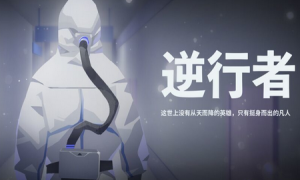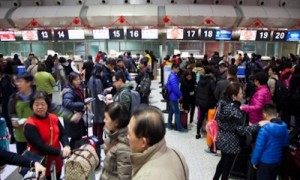虚实篇 NO.1:
孙子曰:凡先处战地而待敌者佚,后处战地而趋战者劳。
故善战者,致人而不致于人。
能使敌人自至者,利之也;能使敌人不得至者,害之也。
故敌佚能劳之,饱能饥之,安能动之。

这句啥意思:
孙子说,大凡先期到达战地等待敌军的就精力充沛、主动安逸,而后到达战地匆忙投入战斗的就被动劳累。
所以,善战者调动敌人而决不为敌人所调动。
能够调动敌人使之自动前来我预想的战地,是用利益来引诱;能使敌人不能先我来到战场,是设置障碍、多方阻挠的结果。
所以,敌人若处军安逸,能使之疲劳;若敌人粮食充足就能使之匮乏;若敌人安然不动,就能使他不得不行动起来。
英文这么说:
Sun Tzu said: Whoever is first in the field and awaits the coming of the enemy, will be fresh for the fight;whoever is second in the field and has to hasten to battle will arrive exhausted.
Therefore the clever combatant imposes his will on the enemy, but does not allow the enemy's will to be imposed on him.
By holding out advantages to him, he can cause the enemy to approach of his own accord; or, by inflicting damage,he can make it impossible for the enemy to draw near.
If the enemy is taking his ease, he can harass him;if well supplied with food, he can starve him out;if quietly encamped, he can force him to move.
《虚实篇》
讲的是如何通过分散集结、包围迂回,造成预定会战地点上的我强敌劣,以多胜少。而该段中的“致人而不致于人”是说调动敌人而不被敌人所调动,掌握战争的主动权。至于怎么运用要看各人的随机应变了,没法说具体了,因为各人遇到的情况有不同,不能千篇一律,机械呆板。道理既很简单也很深刻,是说处理与解决问题要抓住问题的关键环节,才能顺利解决,要掌握主动权,了解具体情况,与时俱进,随机应变。







